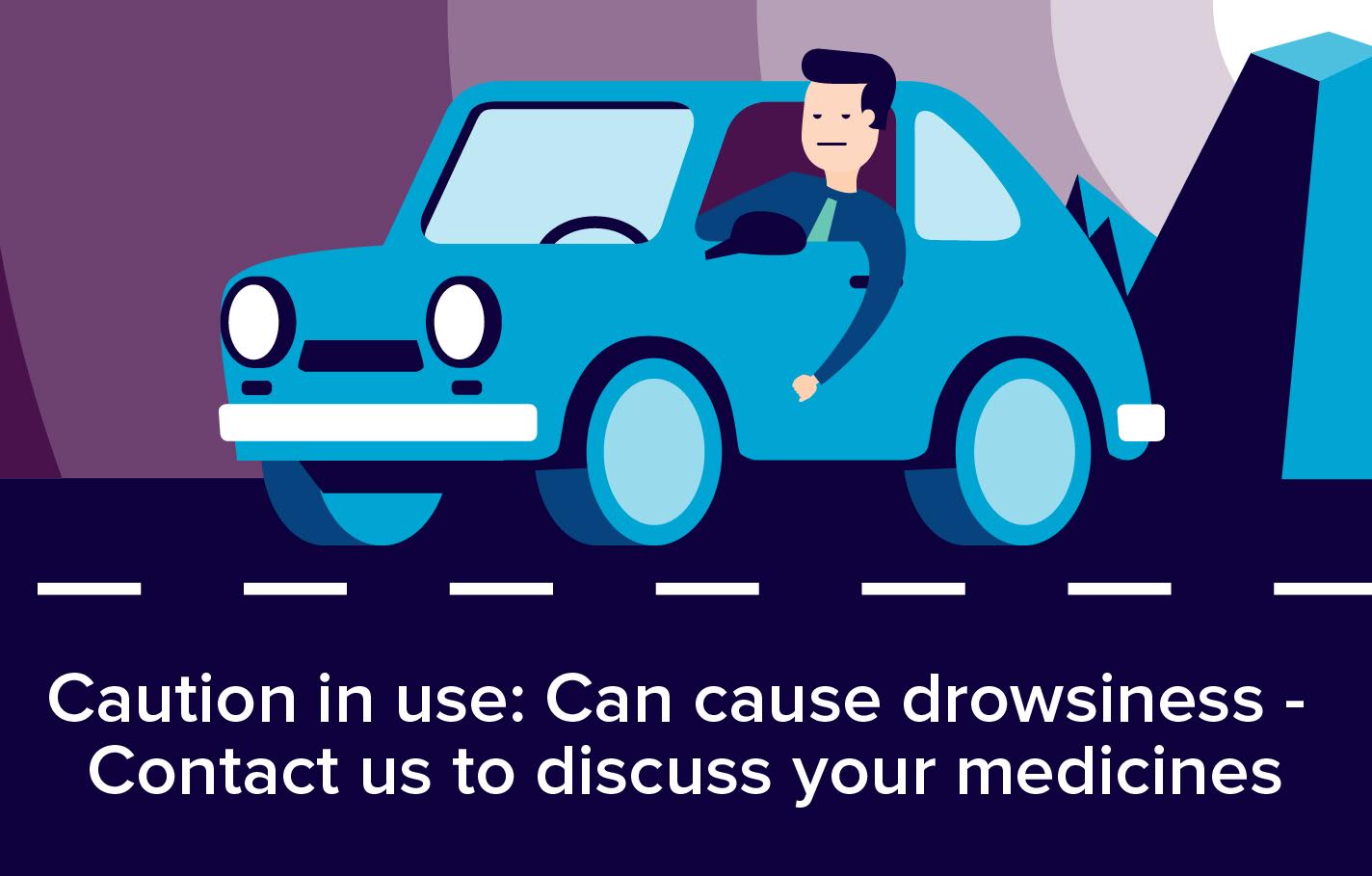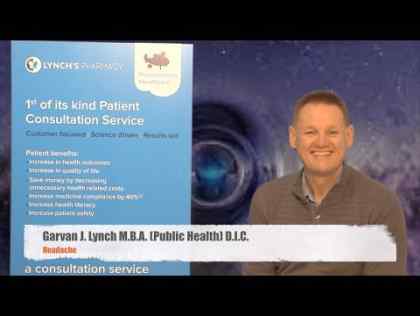Solpadol contains two different medicines called codeine phosphate and paracetamol. Codeine belongs to a group of medicines called opioid analgesics which act to relieve pain. Solpadol is used to treat severe pain. Codeine can be used in children over 12 years of age for the short-term relief of moderate pain that is not relieved by other painkillers such as paracetamol or ibuprofen alone.

What is solpadol used for?
Solpadol contains two different medicines called codeine phosphate and paracetamol. Codeine belongs to a group of medicines called opioid analgesics which act to relieve pain. Solpadol is used to treat severe pain. Codeine can be used in children over 12 years of age for the short-term relief of moderate pain that is not relieved by other painkillers such as paracetamol or ibuprofen alone.
How to take Solpadol
- Always take Solpadol exactly as your doctor has told you. You should check with your doctor or pharmacist if you are not sure.
- Do not take more than the recommended dose
- Do not take for longer than your doctor tells you to
Adults and children over 12
- Take this medicine by mouth
- Swallow the caplets whole with a drink of water
- The usual dose of Solpadol is 2 caplets, taken together
- Adults should wait at least 4 hours before taking another dose
- Children aged 12 years and over should wait at least 6 hours before taking another dose.
- Do not take more than 8 caplets in any 24-hour period
- This medicine should not be taken for more than 3 days. If pain does not improve after 3 days, talk to your doctor for advice
- Elderly people may be prescribed a lower dose
Children
- Solpadol should not be given to children below the age of 12 years, due to the risk of severe breathing problems.
- If you take more Solpadol than you should - Tell your doctor or go to your nearest hospital casualty department straight away - even if you feel well. This is because of the risk of delayed, serious liver damage
- Remember to take any remaining caplets and the pack with you. This is so the doctor knows what you have taken
If you have forgotten to take Solpadol
- If you forget to take a dose at the right time, take it as soon as you remember. However, if it is almost time for your next dose, skip the missed dose. Do not take two doses at or near the same time.
- Remember to leave at least 4 hours between doses.
Possible side effects
As with all medicines, Solpadol can cause side effects, although not everybody gets them. The following side effects may happen with this medicine:
- Important side effects you should know about Solpadol
- Taking a painkiller for headaches too often or for too long can make them worse.
- Taking codeine regularly for a long time can lead to addiction, which might cause you to feel restless and irritable when you stop the caplets
Stop taking Solpadol and see a doctor or go to a hospital straight away if:
- You have difficulty in breathing or you feel dizzy
- You get swelling of the hands, feet, ankles, face, lips or throat which may cause difficulty in swallowing or breathing.
- You could also notice an itchy, lumpy rash (hives) or nettle rash (urticaria).
- This may mean you are having an allergic reaction
- You get serious skin reactions. Very rare cases have been reported.
Talk to your doctor straight away if you notice the following serious side effect:
- Severe stomach pain, which may reach through to your back. This could be a sign of inflammation of the pancreas (pancreatitis). This is very rare side effect.
Tell your doctor or pharmacist if any of the following side effects gets serious or lasts longer than a few days:
- Constipation
- Feeling sick (nausea), being sick (vomiting)
- Dizziness, light-headedness, drowsiness, confusion
- Difficulty in passing water (urine)
- Becoming dependent on codeine
- You get infections or bruise more easily than usual. This could be because of a blood problem (such as agranulocytosis, neutropenia or thrombocytopenia)
- Redness of the skin (erythema), Itchy lumpy rash (urticaria)
Taking other medicines
- Please tell your doctor or pharmacist if you are taking or have recently taken any other medicines.
- This includes medicines obtained without a prescription, including herbal medicines. This is because Solpadol can affect the way some other medicines work. Also, some other medicines can affect the way Solpdaol works.
- While taking Solpadol you should not take any other medicines which contain paracetamol.
- This includes some painkillers, cough and cold remedies. It also includes a wide range of other medicines available from your doctor and more widely in shops.
Do not take this medicine, and tell your doctor, if you are taking:
- Medicines to treat depression called MAOIs (monoamine oxidase inhibitors) or have taken them in the last 2 weeks. MAOIs are medicines such as moclobemide, phenelzine, tranylcypramine
Tell your doctor if you are taking any of the following medicines:
- Medicines which make you drowsy or sleepy (CNS depressants)
- Medicines used to thin the blood such as warfarin
- Chloramphenicol - an antibiotic used for infections
- Metoclopramide or domperidone - used to stop you feeling sick (nausea) or being sick (vomiting)
- Colestyramine - for lowering blood cholesterol levels
- The oral contraceptive pill
If you are not sure if any of the above apply to you, talk to your doctor or pharmacist before taking Solpadol.
Pregnancy and breast-feeding
Talk to your doctor before taking these caplets if:
- You are pregnant, think you may be pregnant or plan to get pregnant
- Do not take Solpadol and speak to your doctor if:
- You are in the last three months of pregnancy
- In labor
- Do not take codeine while you are breastfeeding. Codeine and morphine passes into breast milk.
If you have any more questions please ask your Pharmacist.
Remember to keep all medicines out of reach of children
Please Note: We have made every effort to ensure that the content of this information sheet is correct at time of publish, but remember that information about drugs may change. This sheet does not list all the uses and side-effects associated with this drug. For full details please see the drug information leaflet which comes with your medicine. Your doctor will assess your medical circumstances and draw your attention to any information or side-effects which may be relevant in your particular case.
References:
http://xpil.medicines.org.uk/ViewPil.aspx?DocID=20850
http://www.hpra.ie/img/uploaded/swedocuments/PIL%20Effervescent-2128475-27022014140134-635291064979447500.pdf
http://www.netdoctor.co.uk/medicines/aches-and-pains/a26365/co-codamol-uses-and-action/
http://www.drugs.com/uk/solpadol-30mg-500mg-capsules-leaflet.html


